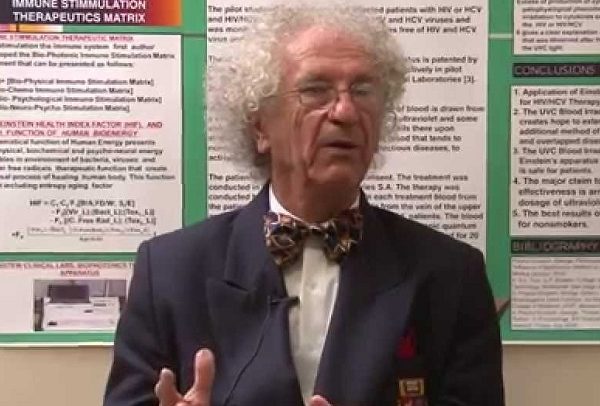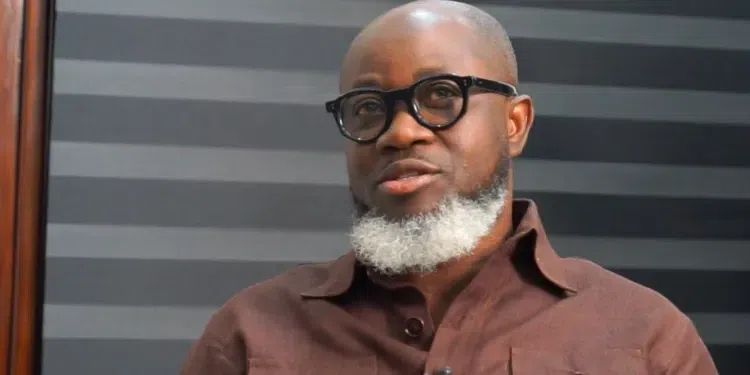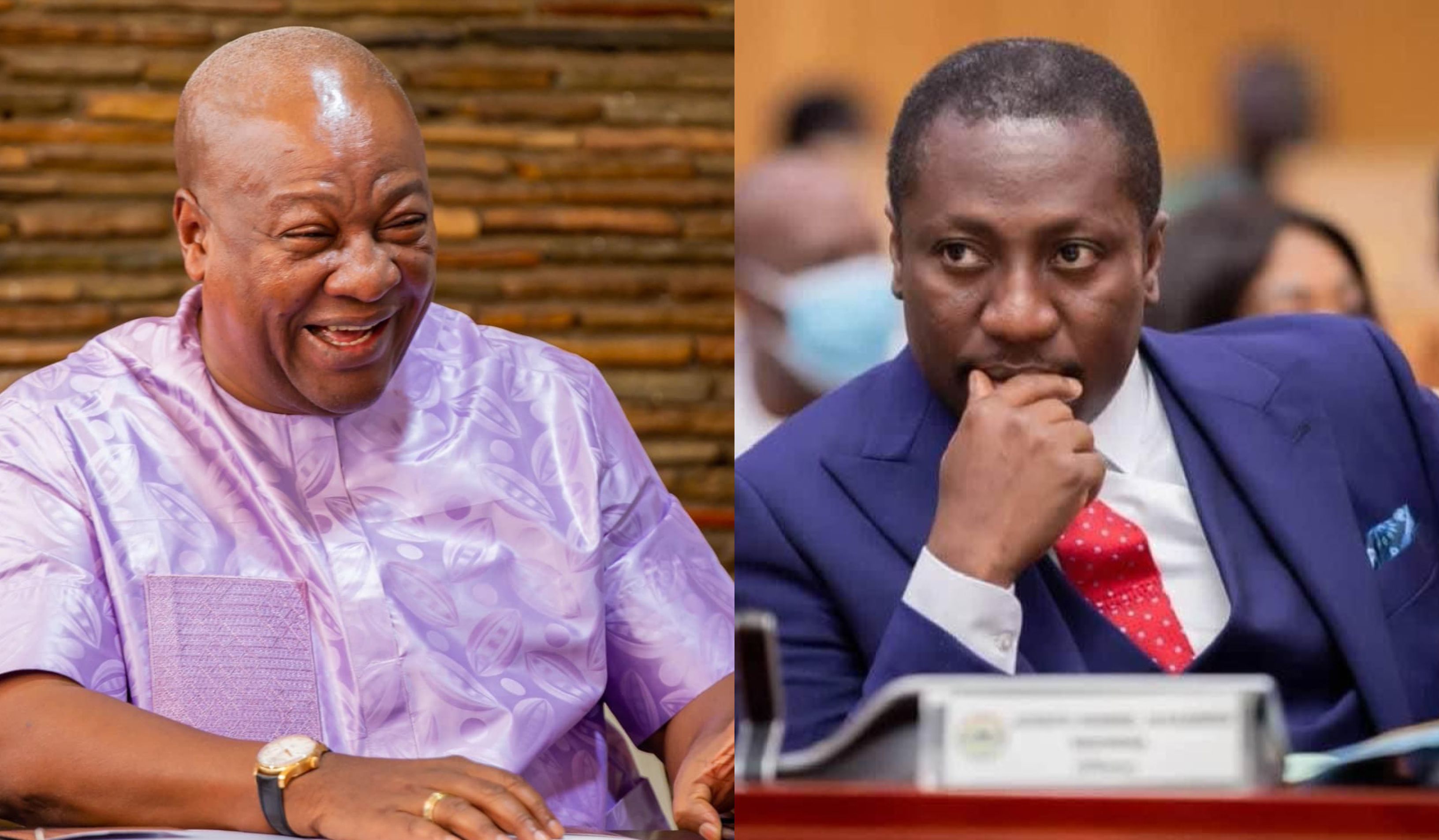
In an age where autobiographies often veer toward self-congratulation or sanitized nostalgia, Against All Odds by Emeritus Professor Kwasi Kwafo Adarkwa rises like a beacon—unfiltered, unpretentious, and utterly unforgettable. With literary elegance and philosophical depth, Professor Adarkwa offers not just a memoir, but a moral compass. This is a book that speaks to the soul of a nation.
 From the muddy paths of Mame Dede to the hallowed halls of Kwame Nkrumah University of Science and Technology (KNUST), and from near-death experiences on a swaying train to decision-making in the Vice Chancellor’s office, Professor Adarkwa’s story is both intensely personal and profoundly public. His voice throughout is marked by humility, precision, and an unwavering belief in the grace of God.
From the muddy paths of Mame Dede to the hallowed halls of Kwame Nkrumah University of Science and Technology (KNUST), and from near-death experiences on a swaying train to decision-making in the Vice Chancellor’s office, Professor Adarkwa’s story is both intensely personal and profoundly public. His voice throughout is marked by humility, precision, and an unwavering belief in the grace of God.
A Childhood Forged in Fire and Faith
“I was born at home on Sunday, 16th December 1951… My parents were not sure if I could survive beyond two years. But I survived—against all odds.”— Kwasi Kwafo Adarkwa
Emerging from rural poverty, young Adarkwa learned early what it meant to endure. Life in Mame Dede was not poetic—it was practical, painful, and prayerful. Shared meals, seasonal floods, blistered hands from pounding fufu, and dawn trips to fetch water were not just chores—they were crucibles of character. These memories remind us that the Ghanaian story is not rooted in ease, but in effort. And yet, within these humble beginnings, a theological truth pulses: God is found in compound houses as much as in cathedrals. Through his mother’s devotion and his father’s distant sacrifices, Prof. Adarkwa’s spiritual and intellectual formation began. The early chapters are a quiet challenge to every reader: what you survive shapes how you lead.
Education as Exodus
Professor Adarkwa’s story is also the story of education as liberation. In the Police Depot Primary School and Amanfo Boarding School, he learns discipline and dignity. At Mfantsipim, he discovers his academic inadequacies—and begins the hard climb toward transformation. It was heart-warming to see each stakeholder contributing whatever he had: some brought pieces of ladies’ or women’s kente cloth; some contributed science textbooks.”— Kwasi Kwafo Adarkwa
The turning point is not an exam or a prize. His wake-up call came with a reclassification exercise that placed students into science and general arts tracks. He found himself in 4B1—not among the elite science students. For him, this was a sobering moment, a signal that he needed to take his studies seriously or be left behind?. That hunger, nurtured by mentors and redeemed by grace, becomes the fire that lights his journey.
“We returned to Mfantsipim fully determined that we would enrol at UST the following year—or commit suicide.”— Kwasi Kwafo Adarkwa. His admission to KNUST marks the beginning of a career not merely in academia, but in national development. His field—Planning—is no accident. In many ways, he had been planning his life long before he understood the profession. What makes these educational accounts so potent is their honesty: Professor Adarkwa never pretends to be a child prodigy. He becomes a scholar through struggle, not shortcuts.
“In Vancouver, I realized that the world was far bigger than Ghana—and that excellence was demanded, not assumed.”— Kwasi Kwafo Adarkwa. As a foreign student at UBC and MSU, Professor Adarkwa experienced intellectual progress, cultural displacement, and financial struggle. He was drawn to Vancouver’s architecture and energy at UBC, but he soon realised that academic success overseas required more than brilliance—it required hard adaption to new learning systems. Classes were intense, assignments numerous, and grading competitive. His early love of the city nearly distracted him, but he recovered to produce good outcomes.
The Scholar as Servant
“There is nothing like a trivial election—one careless word can alter the outcome.”
— Kwasi Kwafo Adarkwa. What truly elevates this autobiography is Professor Adarkwa’s consistent portrayal of leadership as stewardship. His time as a Teaching Assistant, Lecturer, and eventually Vice Chancellor is not written as a ladder climbed, but as a cross carried. Each administrative challenge is filtered through a moral lens: how do we lead without losing our soul?
As Vice Chancellor, he resists the temptation to inflate his legacy. Instead, he emphasizes systems over self, institutions over individuals, and service over status. His achievements are staggering—new programmes, increased visibility, infrastructural development—but his pride lies in the unseen: empowering staff, mentoring students, modernizing curriculum. In an era when leadership is often performative, Professor Adarkwa’s brand of quiet, competent, and visionary governance is revolutionary.
Faith Without Apology
“Without this [faith], one is incomplete, and this is what is portrayed in the closing sections of this autobiography.”— Kwasi Kwafo Adarkwa
Equally compelling is the way faith is woven through every chapter, not as a decorative thread, but as the backbone. His involvement with the Presbyterian Church at KNUST is not a side story; it is the soul of the narrative. From his early years of Scripture Union to his presidency of the Men’s Fellowship, Professor Adarkwa portrays Christianity not as a weekend identity but as a daily discipline.
In fact, what Against All Odds does best is what few autobiographies dare: it makes the case for faith in the public square. Here is a man who earned a PhD in a secular institution, led one of Africa’s top universities, and still declares: “Without God, I am incomplete.” It is a bold and beautiful witness, one that challenges readers to rethink the false dichotomy between spirituality and scholarship.
The Vulnerable Moments
“Between Nsawam and Asuoyaa… the only space available was for me to stand towards one of the entrance/exit points of the train that was also travelling at top speed.”— Kwasi Kwafo Adarkwa
Amidst the triumphs are tragedies and trials. The death of his son at age twelve, financial struggles abroad, the loneliness of doctoral studies, and that unforgettable near-death experience on a speeding train, all of these moments reveal a man not immune to life’s cruelties, but resilient in its wake. He does not romanticize suffering. He redeems it. The train did not take him. God him. Why? Because the nation needed what only his journey could produce: a planner with soul, a professor with scars, a leader with listening ears.
A Mirror to Our Nation
What makes this book so timely is that it reads as a mirror to Ghana’s development journey. From spatial inequality to educational access, from infrastructural deficits to regional reorganization, Professor Adarkwa not only studies these issues—he lives them. His involvement in the Commission on the Creation of New Regions reveals a man deeply in touch with the aspirations of the rural poor. His policy advocacy, research contributions, and curriculum reforms show how academia can serve real needs.
His leadership philosophy, less talk, more work should be required reading for every public servant. His management of KNUST’s finances with frugality, his resistance to unnecessary travel expenses, and his promotion of entrepreneurship through the Kumasi Business Incubator are reminders that integrity still matters in public life.
Final Reflections
Against All Odds is more than an autobiography—it is a theology of purpose, a pedagogy of hope, and a politics of character. It belongs not only in libraries but in classrooms, churches, and Cabinet retreats. The writing is crisp, the narrative arc compelling, and the tone deeply human. At no point does the author hide behind accolades. Instead, he walks with the reader—sometimes limping, always learning.
In a country yearning for honest voices and humble visionaries, Emeritus Professor Kwasi Kwafo Adarkwa stands as a rare gem. His story is not the exception, it is the evidence that Ghana still works when people of faith, focus, and fortitude lead with conscience.
So, if you ever wondered whether your small beginnings disqualify you from national relevance, read this book. If you doubted whether morality still has a place in modern leadership, read this book. And if you have ever asked whether one life can truly make a difference, read this book. Then read it again.
Rev. Dr. Michael Ayertey Nanor
Lecturer, Department of Planning, KNUST &
Associate Minister, Presbyterian Church of Ghana
Mt. Moriah Congregation,
Adiebeba-Kumasi
The post Feature: Against all Odds: The Autobiography of Emeritus Professor Kwasi Kwafo Adarkwa appeared first on The Ghanaian Chronicle.
Read Full Story















Facebook
Twitter
Pinterest
Instagram
Google+
YouTube
LinkedIn
RSS